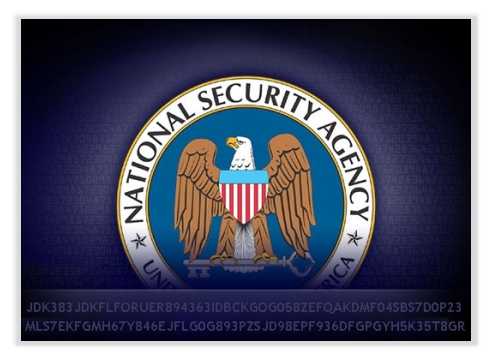Friday, June 30, 2006
Court Ruling Portrays Questionable Legal Justification For NSA Program

The Supreme Court ruling that Bush overstepped his powers in dealing with the captives at Guantanamo has ramifications for his administration's usurpations of the prerogatives of the other branches of government.
The ruling indicates that the NSA warrantless surveillance programs were extra-legal.
Legal analysts said that the court's opinion could lead to a challenge to the National Security Agency's domestic surveillance program, because wiretapping is already covered by a federal statute, the Foreign Intelligence Surveillance Act, just as military commissions were, in the court's view, covered by the UCMJ.
"The same reasoning would seem to apply to the NSA case, because the argument that the authorization to use military force enables them to ignore FISA goes down the drain," said Joseph P. Onek, senior counsel of the Constitution Project, a Washington-based civil liberties organization that opposed the commissions.
In other words, the Court ruled that the administration was not stepping into a vacuum in which the Congress had failed to make their wishes known, but was acting in contravention of an established law.
Everyone already knew this, but having the Supreme Court's official imprimatur on the issue will force the administration to rely solely upon the Article Two argument instead of juggling AUMF also.


